What is Psoriasis?
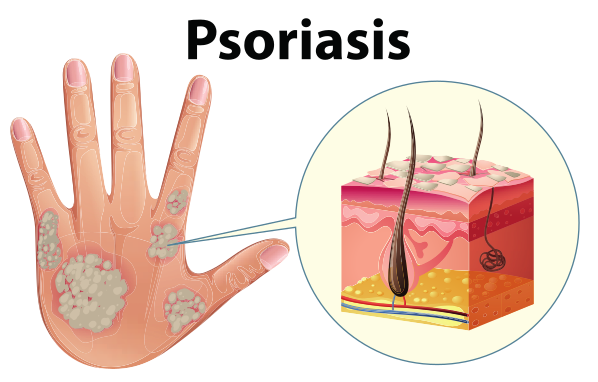
Psoriasis is a persistent, inflammatory skin disorder that affects the surface of the skin and which mostly produces inflamed, red, flaky, and itchy skin, which is most commonly found around the knees, elbows, and scalp.
The illness is thought to affect one in every fifty persons of all ages, ethnicities and genders. This includes a significant number of persons being diagnosed before the age of 35. As a result, psoriasis is currently expected to impact around 100 million individuals globally, including 1.6 million in the United Kingdom and nearly 7.6 million Americans. Thus making it a global disease.
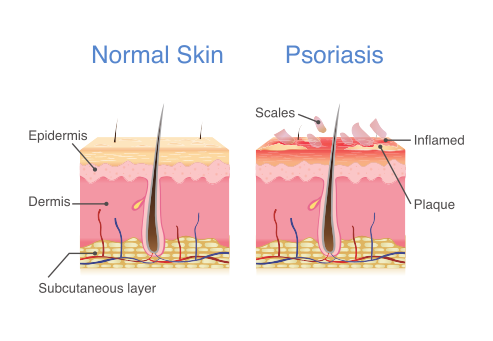
Psoriasis is a common ailment, yet it is understudied. Our immune system is assumed to be the fundamental cause, as it contains overly speeding skin cell development, that results in inflammation. Thus it is believed that the illness is caused by a mix of genes as well as exposure to specific environmental circumstances. Scientists have already discovered around 25 genetic variations that enhance a person’s risk of acquiring psoriasis.
Plaque psoriasis, the most prevalent form of psoriasis, is considered to be caused by a rare genetic mutation known as CARD14. Most people have minor lesions, although the severity varies from case to instance.
The condition branches into six main types. They are:
| Type | Area affected | Description |
| Plaque Psoriasis | Whole body | The most common type of psoriasis. Caused by a build-up of skin cells known as ‘plaques’. |
| Scalp Psoriasis | Scalp | May result in dandruff like flakes and in extreme cases cause thinning of the hair. |
| Guttate Psoriasis | Torso back and limbs | Also known as ‘teardrop’ psoriasis due to the shape of the spots that are often bright pink or red on the skin. |
| Pustular Psoriasis | Whole body | Results in small white or yellow blisters on top of red or darkened skin. The blisters are often filled with fluid giving them a yellow colour. |
| Psoriasis in Sensitive Areas | Face, armpits, genitals and skin folds. | Skin is more sensitive in particular areas, especially around skin folds / clothing. |
| Nail Psoriasis | Nails | Often affects the nails or toenails and can be painful, restricting movement. |
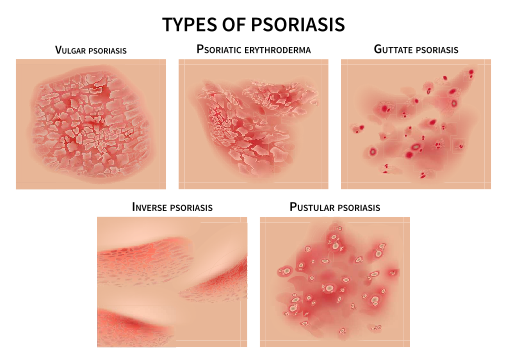
If you have a family history of this condition, have a hyperactive immune system, or are fat, you are more likely to get it. Thus, according to study, at least 10% of people inherit psoriasis-causing genes, although only 3% to 5% of those who inherit these genes develop the disorder. A range of conditions known as triggers can have an impact on its symptoms. These are some examples:
Stress
For some individuals, stress is a big trigger. This causes the condition to flare up for the first time. Or later, as a result, worsens it .
Cold weather
Winter’s chilly, dry weather can worsen it, while warm, bright environments can help. It’s critical to keep your skin hydrated all day. Using a humidifier in your home might also assist.
Dry skin
Anything that causes skin damage, such as extreme dryness or allergies, might trigger a psoriasis flare-up. Maintain your skin’s moisture level.
Upper respiratory infections:
Colds and other diseases, particularly strep throat, stimulate the immune system and can exacerbate it. If you have the condition and get a sore throat, consult your doctor for further information.
Smoking & Alcohol:
Cigarette smoking can aggravate its symptoms. When compared to nonsmokers, smokers have nearly twice the chance of acquiring psoriasis. Heavy drinking too, leads to flare-ups.
Medications:
Some medications used to treat high blood pressure, heart disease, arthritis, and mental illnesses might cause it.
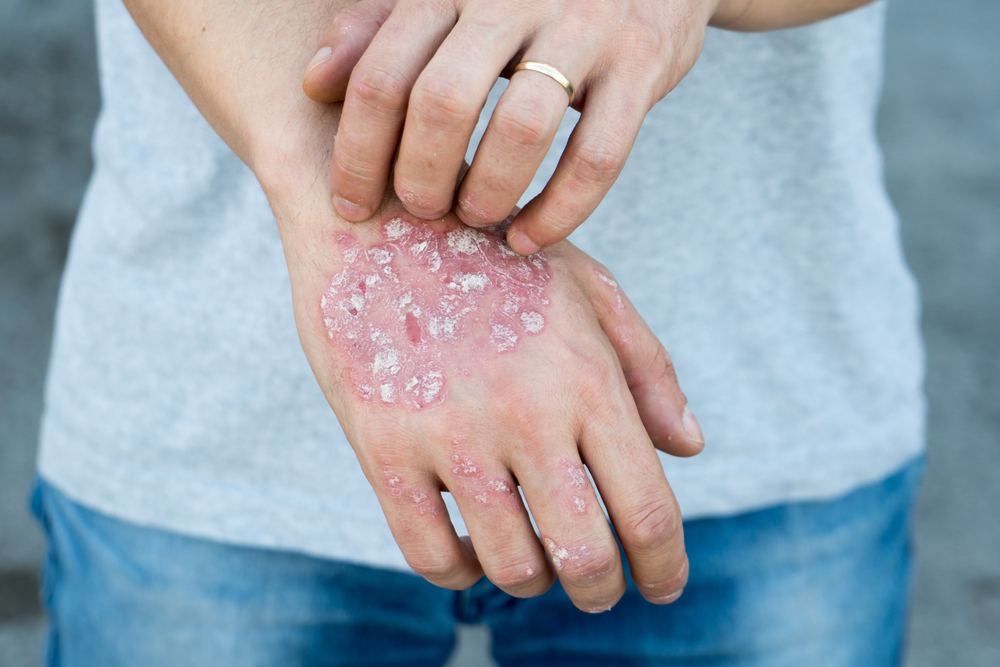
Keeping the aforementioned factors under control may therefore aid in the management of its symptoms.
However, if you suspect or discover that you have it, get a consultation done for further treatments or medical opinions. You can get in contact with us at Travocure or submit your reports to care@travocure.com for treatment.

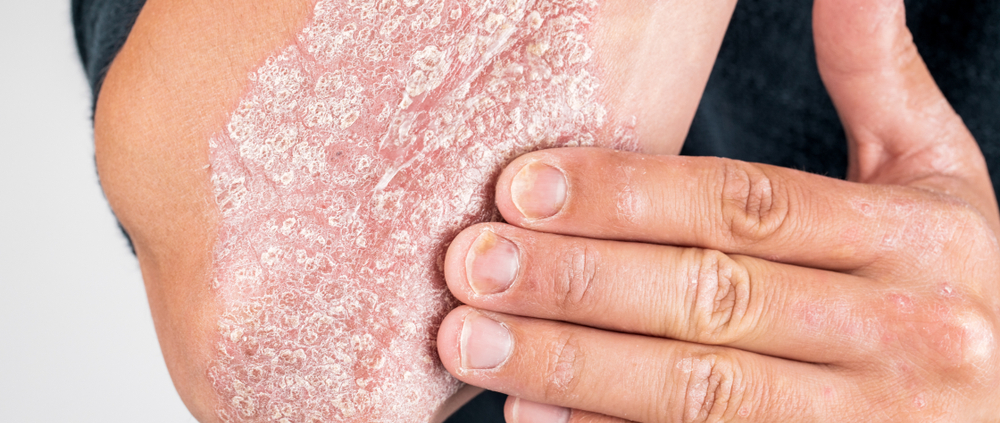
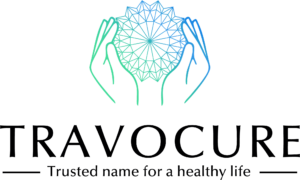
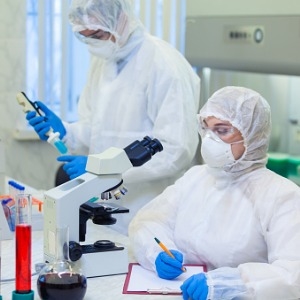
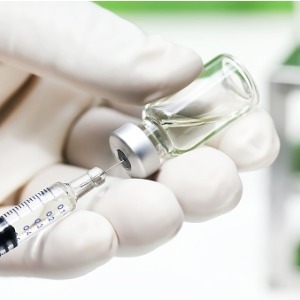


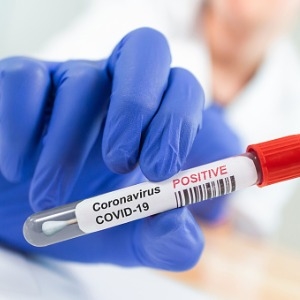








Leave a Reply
Want to join the discussion?Feel free to contribute!